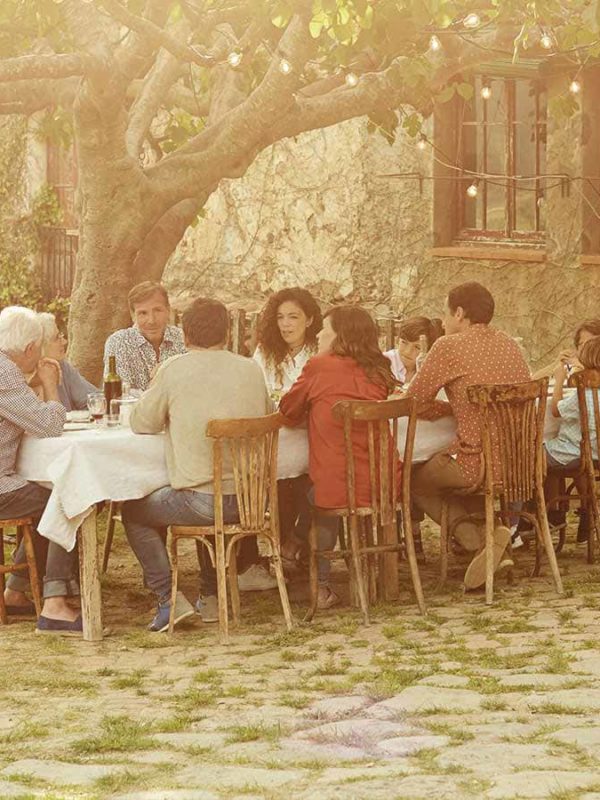Spouses are intimate allies, faithful companions, accomplices, and supportive in their every need; they are not enemies who harass and harm each other.
Text
“A persistently critical attitude towards one’s partner is a sign that marriage was not entered into as a project to be worked on together, with patience, understanding, tolerance and generosity. Slowly but surely, love will then give way to constant questioning and criticism, dwelling on each other’s good and bad points, issuing ultimatums, and engaging in competition and self-justification.” (The Joy of Love, n.218)
Commentary
The extraordinary thing about being spouses is that both form an intimacy, capable of building the same closeness each one has with his or her own soul and body as a man or woman.
If we help each other, this union makes us intimate accomplices, allows us to have loyal trust in each other, companionship of soul and body against all loneliness. It provides the strength to navigate side by side whatever the sea of life brings us. The union´s quality is their strength as spouses.
Of course, since it is intimate, the daily coexistence between spouses strips us bare and reveals even our most unimaginable defects. Between us, it is ridiculous to walk around with masks and disguises. We discover the obvious: that no one is perfect. What does that matter, when you love? Nevertheless, it may surprise those who are naive or unrealistic. They assume, idyllically and illusory, that you have to be perfect to love each other. Married love is real: it grounds and matures us. We embrace each other as we are.
To “truly” love each other and do so very much does not depend on our perfection. We would never be able to love each other if that required us to be perfect. On the contrary, loving depend on our honest willingness to surrender and embrace one another in the best way possible, and we progressively improve at it together.
How and where does this improvement take place? We learn to love by loving each other. That is, by being attentive to one another in the everyday occurrences, setting aside space and time for each other, learning the art of harvesting together more union in the many different and unexpected events – the good and the bad – that regular and daily coexistence brings. The distancing comes when we neglect and lose the affective disposition of reciprocal self-giving and embracing, depriving it of the warmth, tenderness, and attention we reserve for ourselves.
Of course, we have defects, carelessness, and things that bother us. That is when love has to come forth and rescue us from the wear and tear, from the temptation to criticize, from always showing disappointment and resentment, from treating our spouse – with whom we have become of the same flesh – as if he or she were vermin and an enemy. These mistakes result in turning the home into a battlefield or an empty desert, in which we all lose. What do we lose? The opportunity to enjoy a space of intimacy, trust, and companionship with each other.
Only loving the other as oneself, preferring him or her over ourselves, acts as a powerful dissolver of the arrogant and stubborn argument: “I am right, you are wrong, I contribute more, I endure more, I deserve better treatment, you always disappoint me, and you are a disaster… For us to accept, as spouses, each other´s limitations with a sense of humor and affability does not mean conformism, nor bitter resignation, but wise tenderness and intelligent love, which then brings forth strong motivations to improve and grow together.
There will be only discouragement, and not hope, if my husband or wife has me “in his or her sights,” like an enemy sniper, to highlight my defects and discourage me. On the contrary, in him or her, I must find the sincere, understanding, and tender hand that lifts me and encourages me as my most intimate accomplice. Then, we confide in each other, and despite our limitations and defects, we feel more and more united.




























